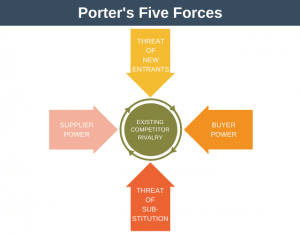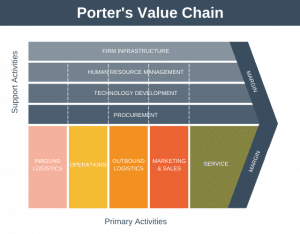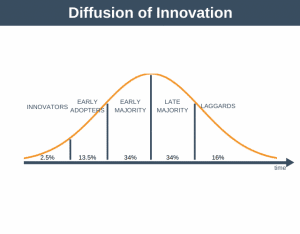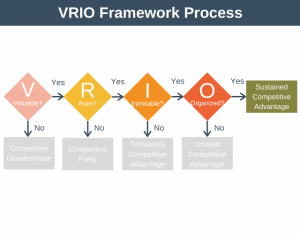Previously we looked at the Benefits of Outsourcing. To give a balanced view, today we’re going to examine some of the disadvantages of outsourcing. As discussed previously, outsourcing is broadly defineded as the provision of products or services by a third-party that was previously performed in-house. In a general sense the only real disadvantage of outsourcing is an undesirable result, but let’s look at some of the different manifestations of undesirable result.
1. Hidden Costs
Any additional products/services you require from the third-party not covered in the contract will incur and additional cost. There will also be ancillary costs such as hiring a lawyer to review the contract and make any addendums or amendments needed. There is also cost incurred if you spend a significant amount of time trying to agree the business terms of the contract. This combination may mean that at times it is more cost effective to produce the product or service internally, even though the headline outsource cost appears more economic.
2. Security Risks
When outsourcing functions which require visibility of confidential information there will obviously be an information security/confidentiality risk. Examples of confidential information include payroll data and your customers personal information. You need to evaluate the outsourcing company carefully to assess and attempt to mitigate the risk to the business.
3. Control Issues
When you outsource a function from your organization to a third-party you are effectively signing over management control and decision making for that function to another organization. Whilst you will have a contract in place to cover the service level agreement, it won’t cover management decisions, and the third-party will probably not be driven by the same factors that drive your organization, resulting in potential conflicts.
4. Financial Ties
When you agree to outsource a function to a third-party you are tying your organization to the financial well-being of the third-party. Again you need to carefully assess the risk, which will be assessed based on a combination of: the financial strength of the third-party, how bespoke the service they are offering is, how core to your day-to-day operations the outsourced function is.
5. Morale Implications
You should give consideration to the impact outsourcing will have on existing employees, especially if the outsourcing initiative provides only marginal financial benefit. Consider if outsourcing will boost morale (likely if existing employees move onto work more essential to the strategic mission of the organization) or damage morale (likely if many existing employees are laid off).
6. Implications of SLA
The third-party organization, just like any other organization, will do everything it can to drive down costs. This means it is likely to meet the quality level set in the SLA but no more. If there is a change in the business environment it may not be possible to adapt rapidly as you will have to agree the change scope and costs with the third-party first. Remember, you will not be the only customer they are serving so the change may take time.
Summary
Whether you’re a project manager or program manager considering outsourcing the production of a product or service to a third party, it is important to understand the potential pitfalls of such an undertaking. The points outlined in this article should show that the obvious candidate functions for outsourcing are those which are run-of-the-mill and common to all organizations. Even so, before entering into any agreement you must carefully assess the advantages and disadvantages of outsourcing.











